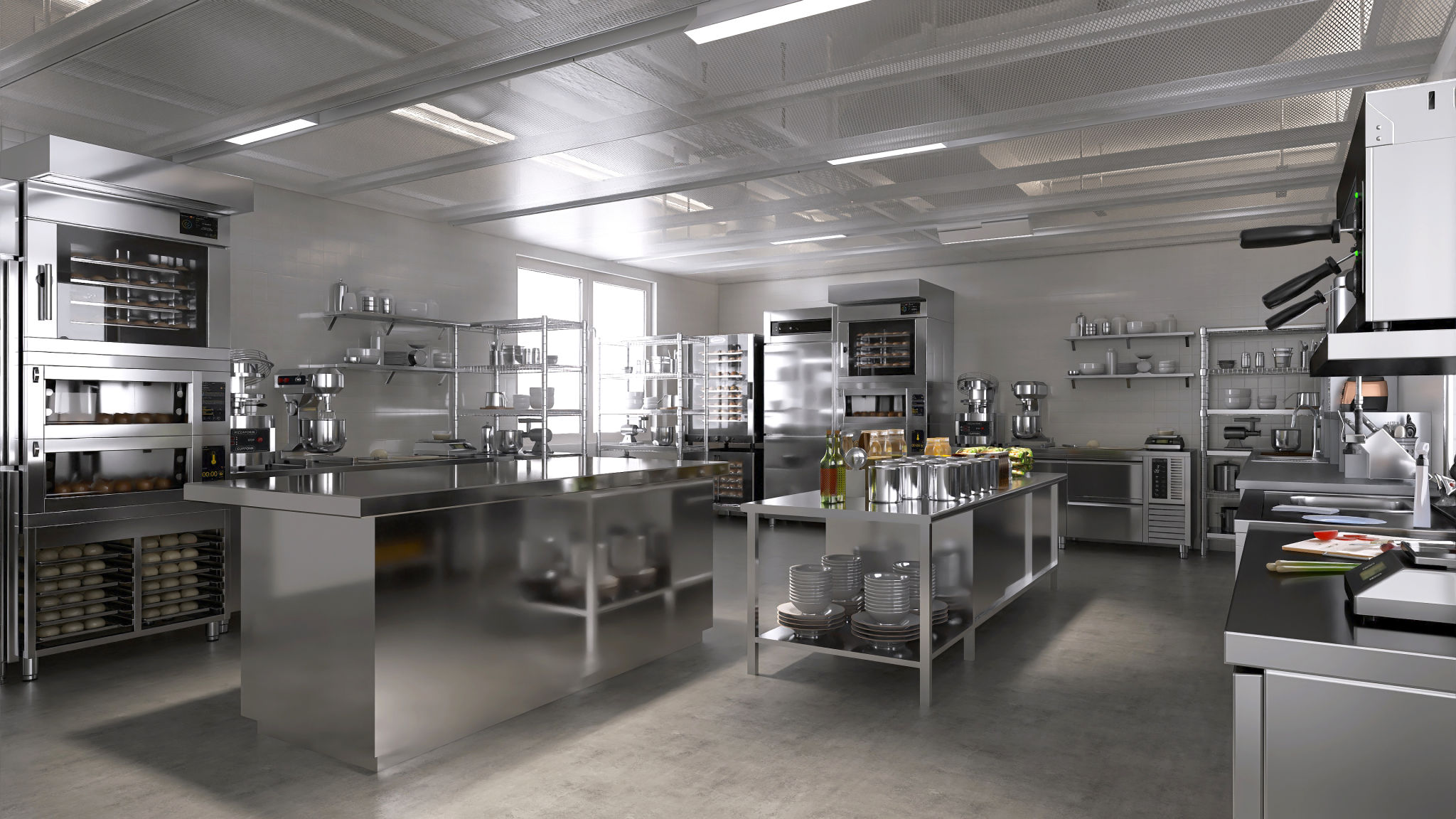Preventative Maintenance: Keeping Your Restaurant Equipment Running Smoothly
Understanding the Importance of Preventative Maintenance
Running a successful restaurant requires more than just quality food and service; it also demands a smooth operation behind the scenes. One critical aspect that often goes unnoticed is preventative maintenance of restaurant equipment. By proactively taking care of your equipment, you can prevent unexpected breakdowns, reduce downtime, and ultimately save money in the long run.
Implementing a preventative maintenance plan helps ensure that your kitchen equipment remains in top working condition, enabling your staff to deliver consistent quality to your patrons. This practice not only extends the lifespan of your equipment but also enhances safety and efficiency in the kitchen.

Creating a Preventative Maintenance Schedule
To keep your restaurant equipment running smoothly, it's essential to establish a regular maintenance schedule. Begin by identifying all the critical pieces of equipment in your kitchen, such as ovens, refrigerators, and dishwashers. Assign specific tasks and timelines for each piece of equipment to ensure they are maintained on a consistent basis.
Consider creating a checklist that includes tasks like cleaning, lubricating, and inspecting parts. This checklist can be used by your staff or a professional maintenance team to track completed tasks and monitor the condition of each equipment piece over time.
Daily Maintenance Tasks
Daily maintenance involves simple checks and cleaning tasks that help prevent wear and tear on your equipment. These tasks might include:
- Wiping down surfaces and exteriors of equipment
- Checking for any unusual noises or signs of wear
- Ensuring all connections are secure

Weekly and Monthly Inspections
In addition to daily tasks, it's important to conduct more thorough inspections weekly and monthly. These inspections should include:
- Checking filters and replacing them if necessary
- Inspecting electrical connections and components for any signs of damage
- Tightening loose bolts and screws
These regular checks can help identify potential issues before they become major problems, allowing for timely repairs or replacements.
The Role of Professional Maintenance Services
While many preventative maintenance tasks can be performed by your in-house staff, there are times when professional services are necessary. Hiring an experienced technician for annual inspections can provide a more comprehensive assessment of your equipment's condition.

Professional technicians have the expertise to identify hidden issues that may not be apparent to the untrained eye. They can also perform complex repairs and replacements that require specialized knowledge and tools.
Benefits of Preventative Maintenance
The benefits of implementing a robust preventative maintenance program extend beyond avoiding costly repairs. By keeping your equipment in optimal condition, you can:
- Improve energy efficiency: Well-maintained equipment consumes less energy, reducing utility costs.
- Enhance food safety: Properly functioning equipment ensures food is stored and prepared at safe temperatures.
- Boost staff productivity: Reliable equipment allows staff to focus on delivering excellent service without worrying about breakdowns.
In conclusion, investing in preventative maintenance is a smart move for any restaurant owner looking to ensure smooth operations and long-term success. By taking proactive steps today, you can prevent costly disruptions tomorrow.